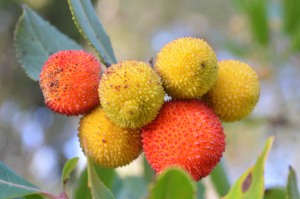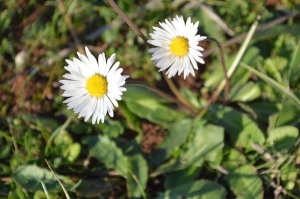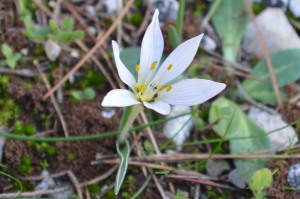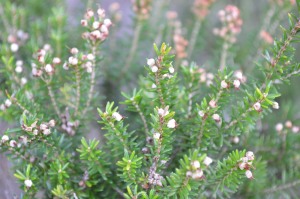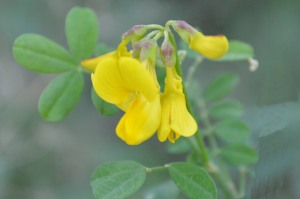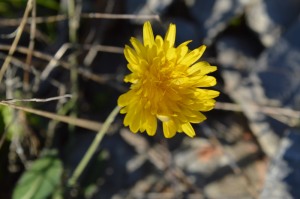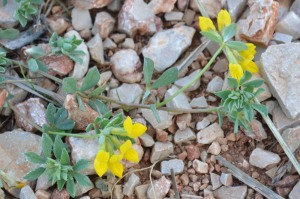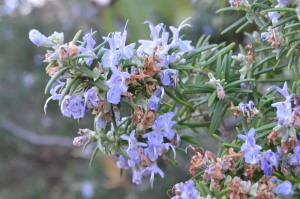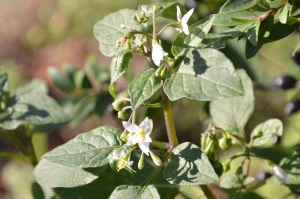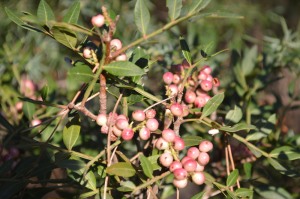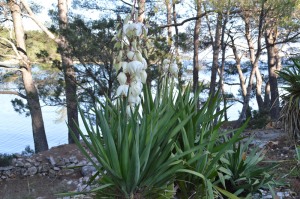-
Olivier De Schutter says new economic agenda needed to tackle crises of rising inequality and ecological collapse
The global economy must be reordered to ensure it serves ordinary people around the world rather than the “frivolous and destructive demands of the ultra-rich”, according to a leading UN figure.
Olivier De Schutter, the UN special rapporteur on extreme poverty and human rights, says politicians must stop prioritising “socially and ecologically destructive growth” that only increases the profits – and serves the consumption demands – of the world’s richest individuals and corporations.
Continue reading...
-
Scientists are calling loss of biodiversity the ‘homogenocene’, where niche species are pushed out by generalists like pigeons and rats
Plants and animals are disappearing at an alarming rate across the planet, with some estimates suggesting a loss of up to 150 species every day. Meanwhile, the versatile species that thrive alongside humans, such as pigeons, rats and cockroaches, expand to fill the vacant gaps. Some scientists are calling this loss of biodiversity the “homogenocene”: the era when the world’s wildlife became more samey.
It started during the last ice age, when humans hunted large mammals such as the mammoth to extinction, and has continued to the present day as land is cleared to make way for fields, farms and cities. Specialist creatures that exploit a particular niche – such as the flightless Fijian bar-winged rail – have been pushed out by adaptable generalists, like mongooses, brought to Fiji by humans in the 1800s. More recently the homogenocene has hit the oceans, with warmer waters devastating coral reefs for example.
Continue reading...
-
Instead of removing plant-munching caterpillars, gardeners asked to take relaxed attitude to support the moths many of them grow into
As spring unfolds and plants come to life, gardeners often fight a losing battle against the caterpillars who munch their cabbages.
Traditionally, advice for gardeners regarding caterpillars would be about how to get rid of them and stop unsightly holes in plants. But the Royal Horticultural Society (RHS) and the Wildlife Trusts are asking Britons to take a relaxed attitude to caterpillar carnage in order to support the moths many of them grow into.
Foxgloves:These pretty plants are food for several moths, including the lesser yellow underwing (Noctua comes), angle shades moth (Phlogophora meticulosa) and setaceous Hebrew character (Xestia c-nigrum).
Lady’s bedstraw: This native wildflower with frothy yellow blooms provides food for the hummingbird hawk-moth (Macroglossum stellatarum), elephant hawk-moth (Deilephila elpenor) and bedstraw hawk-moth (Hyles gallii).
Mullein:These tall, drought-resistant yellow plants are enjoyed by the brightly striped caterpillars of the mullein moth (Cucullia verbasci).
Mint:This provides food for the mint moth and beautiful plume moth. It is also loved by bees.
Hedges:If you have space, a mixed native hedge planted with hawthorn (Crataegus monogyna), blackthorn (Prunus spinosa), hazel (Coryllus avellana) and dog rose (Rosa canina) provides food for a multitude of caterpillars.
Continue reading...
-
Inkpen, West Berkshire: Its display of crocuses is the largest in the country, and it has a venerable history – but what kind of history, nobody quite knows
There is a small boggy valley of old pasture at the centre of the village, a Wildlife Trust nature reserve that is remarkable for what has preserved it: a non-native flower more aligned with municipal parks.
Inkpen crocus field is where spring happens first. A rare example of unimproved, unploughed meadow (the sort we’ve lost 97% of, since this column existed), situated between houses and farmland. It’s rich in wildflowers such as heath spotted-orchid, devil’s-bit scabious, meadow saxifrage, betony and pignut, and with thick old hedgerows and a spring-fed brook in its fold, it’s often the first place I see bumblebees and brimstone butterflies.
Continue reading...
-
A rare total lunar eclipse on Tuesday night resulted in a spectacular blood moon, captured by Josh Aoraki from the Te Whatu Stardome in Auckland
Continue reading...
-
Dublin, Helsinki, Stockholm and Tallinn among port cities more choked by sulphur oxides from ferries, analysis shows
Fume-belching ferries spew more sulphur pollution than cars in several EU capitals, analysis has found.
Dublin, Helsinki, Stockholm and Tallinn are among 13 of Europe’s 15 biggest port cities choked more by sulphur oxides (SOx) from ferries than road vehicles, data shared exclusively with the Guardian shows.
Continue reading...
-
Researchers hope restoring the original song will improve breeding prospects for birds released into the wild
Scientists have rescued the lost song of the critically endangered regent honeyeater – one of Australia’s rarest birds.
Regent honeyeaters were once seen in vast flocks across south-eastern Australia, with a distribution that ranged from Queensland to Kangaroo Island in South Australia.
Continue reading...
-
Democratic rematch in Durham-area district draws focus to fight over AI datacenters increasingly shaping US elections
A North Carolina congressional primary on Tuesday is an early test of datacenter politics – a fight increasingly shaping elections nationwide.
In the Durham-area fourth district, Congresswoman Valerie Foushee is seeking her third term against progressive challenger Nida Allam, a Durham county commissioner she defeated in 2022.
Continue reading...
-
Though coffee is one of the world’s most important commodities, little of the profit trickles down to the farmers, while workers are abandoning the countryside in search of more lucrative jobs in the city
Mary Luz Pérez Arrubla and her brother, Rodrigo, are fourth-generation farmers cultivating coffee on steep Andean slopes near the town of Líbano, in the rich agricultural region of Tolima. Along with the rest of Colombia, the family has enjoyed a historic harvest amid surging global coffee prices, which hit record highs for the second year in a row in 2025.
Severe US tariffs imposed on Brazil and Vietnam, – the world’s two largest coffee producers – as well as poor harvests there, helped drive the surge. Both countries were hurt by the El Niño phenomenon, a cyclical weather pattern characterised by dry spells and aggravated by the climate crisis.
Continue reading...
-
A new survey shows 80% of gen Zs believe strong environmental values are as important as physical attraction when it comes to finding a partner (so you might want to start reusing your coffee cups)
Name: Green flags.
Age: This is a thing for younger people, so listen up, boomers.
Continue reading...

